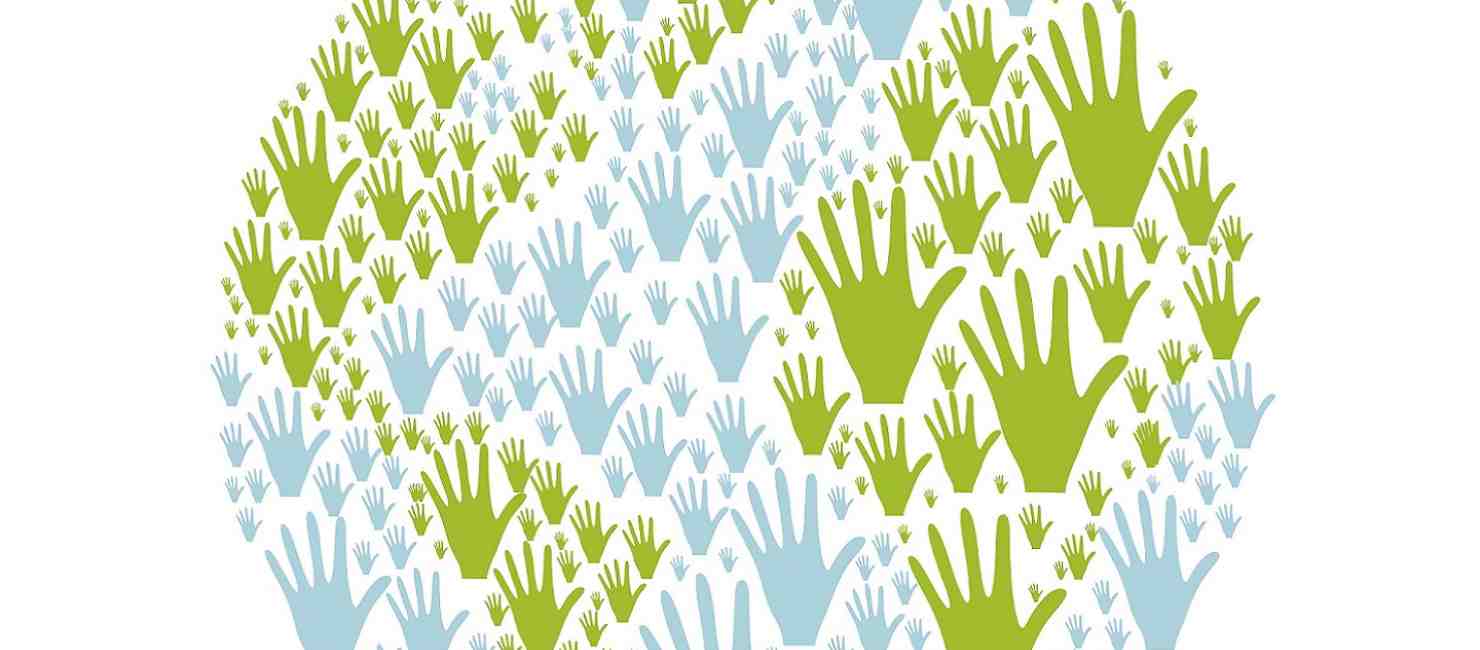How should I deal with my husband's very mild fondling of my daughters?
Dear Stop It Now!,
My husband sometimes touches our 3 and 6 year old daughters in ways that I find mildly inappropriate - e.g. pulling down the 3 year-old's pants so we can see her bottom, or caressing her bottom when she just needs help pulling down her night-time diaper to use the toilet in the morning; or holding the 6 year-old across his lap in an armchair and stroking her leg from top to bottom (just on the outside).
So we're not talking about anything obviously sexual, but nevertheless it makes me feel uncomfortable, and I feel I shouldn't ignore my gut reaction, even when it seems like an overreaction. I'm not sure how (or whether) to talk about it to him, or what to say to my daughters to help protect them.

Dear Concerned Mom,
Whenever an adult has any concern – whether it’s a gut feeling, an observation or other experience – with another adult’s behaviors with children, it is always wise to talk about it. It’s never an overreaction to worry about a child’s safety – even when it concerns loved one’s behaviors. Yes, perhaps your husband is just a dad who loves his children a whole bunch and uses touch to demonstrate his affection, but if his behaviors raise questions for you, now is a good time to address safety in your home.
Young Children are Sexual Beings
It is often hard for some adults and parents to realize that even at age 3 children are sexual beings and experience sexual feelings. Your husband may not be aware of this, and so not understand the effects of his behaviors on your children’s feelings.
Most parents are careful that their children are not overstimulated in many different ways and in many areas of their lives, such as too much loud music, too much TV, too much food, too much play and activity. This kind of overstimulation causes children to become cranky and overtired.
Avoid Overstimulation
Parents also need to be aware that they must be careful not to overstimulate a child’s sexual feelings. Children are way too young and emotionally immature to be able to handle feeling overstimulated sexually. Caressing a child’s leg (even a child as young as 3) can make them feel uncomfortable and overstimulated, and they may feel much more comfortable with a hug, or kiss on the cheek.
Reducing Your Child’s Vulnerability
Focusing on a child’s private parts, such as you described your husband doing in showing off his daughter’s bottom can send a message to her that any adult can touch or show off her body. To help protect children against abuse, children need to be taught that they can say no to touching, and that their "no" will be respected. This is a very important piece of prevention in regards to the possibility of sexual abuse. There are, of course, exceptions to this – such as when a very small child needs help with toileting or bathing, or when there is need for medical attention. From Diapers to Dating: A Parent's Guide to Raising Sexually Healthy Children is a book that can be a helpful resource for parents.
Warning Signs
Another tool of prevention is to become aware of the Behaviors to Watch for When Adults Are With Children and Signs That an Adult May Be At-Risk to Harm a Child. As you review these, note whether you see any of these behaviors in your husband. Look for patterns or repetitious behavior that you’ve requested him to limit or stop. If you do see additional behaviors that trouble you, please contact us back for further guidance.
Speaking Up
After looking over some these resources, including some of those indicated below, sit down and have a conversation with your husband about how certain types of touching, even when the intention is loving, can be harmful to children. This would be the time to include any other observations you have that concern you.
It would be great if you and he could reach agreement on some rules about privacy boundaries with your kids. For instance, some families teach their children that they have “No Touch Zones” – usually where their bathing suits cover them, or between the waist and the knees – and that no one is allowed to touch them (except for the reasons I already mentioned) in these areas. This is a way to make things very clear to children and to adults.
Prevention with Children
The best way to work with your young children now is to become as aware as you can of healthy sexual development, talk with your children regularly in age-appropriate ways about their bodies and boundaries and create a family safety plan that includes open communication and rules about touch and privacy in the home.
Worrying about children's safety is rarely an "overreaction". Adults who care about children should be able to talk about creating the safest environment possible for children. I hope this information is helpful and invite you to please contact us back with any concerns or questions.
Take care,
Stop It Now!
Feedback:
Please share your feedback on this question
Last edited on: November 7th, 2018

